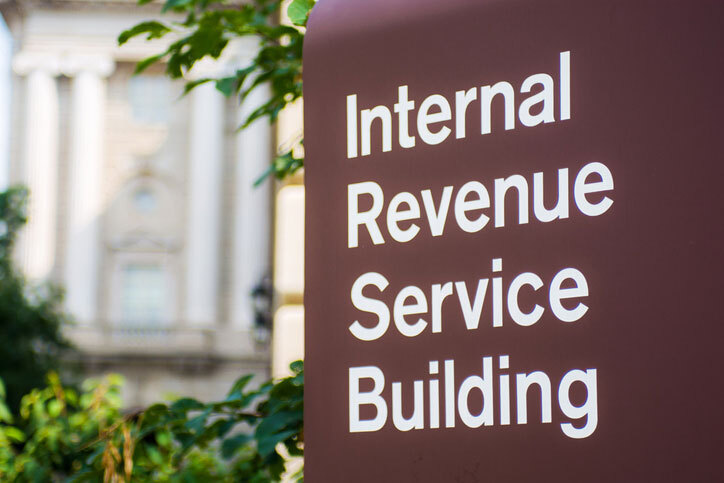SS is Tax-Free – FALSE
Social Security is a hot button issue that is sure to escalate intensely with the coming years. One common myth associated with Social Security is that it is tax-free – this is only half of the truth.
Social Security benefits are taxable, however under certain circumstances, one can be exempt from such taxes. Retirees with total incomes exceeding $25,000 as individuals or $32,000 as married couples filing jointly, must pay income taxes on their Social Security benefits. But, if one’s total income is below these levels, their SS benefits are not taxed.
If Social Security is your only means of income, the government cannot tax your benefits. Conversely, if you have other sources of retirement income like a 401(k) or a part-time job, you will likely have to pay taxes on your benefits.
What Percentage of My SS Benefits are Taxed?
Thankfully, regardless of your economic situation, 15% of your Social Security benefits will be tax-free. Although, that does leave 85% of your SS benefits that can be taxed.
For individual filers with a total income of $25,000 to $34,000, up to 50% of their benefits are taxed. Additionally, single filers with a total income exceeding $34,000 will have to pay taxes on as much as 85% of their SS benefits.
If you’re married and filing jointly, similar rules apply. If you have a combined income of $32,000 to $44,000, you will be taxed on up to 50% of your SS benefits. Should you have a combined income of more than $44,000, as much as 85% of your SS benefits will be taxed.
How Does the IRS Determine What Percentage of my SS Benefits are Taxed?
The IRS classifies ‘income’ as your adjusted gross income, plus nontaxable interest income, plus half of your Social Security benefits.
How Does Debt Affect My Social Security Benefits?
Social Security benefits are protected from some garnishments and creditors, but not all. Should you have debt in the form of federal taxes, federal student loans, child support and alimony, victim restitution, or any other type of federal debt, your Social Security checks can be garnished by as much as 15%.
For most delinquent taxpayers, unpaid back taxes are usually an issue that grows worse and worse behind the scenes. Don’t let your debt haunt you – or continue to haunt you – into retirement; settle it by enrolling in the Fresh Start Program.
Steps to Resolving Unpaid Taxes
- Fill out our short survey
- Get connected with one of our Tax Resolution Officers
- Enroll in Fresh Start
To learn if you’re eligible for the Fresh Start Program, click here.
Any new or systemic Liens and/or Levies will also be suspended for the time being.
For taxpayers who are considered “seriously delinquent”, the IRS will suspend any new certifications for the remaining period. Any taxpayer who falls into this category in reminded and encouraged to enter into an Installment Agreement or apply for an Offer In Compromise.
The IRS will not forward any new delinquent accounts to private collection agencies at this time.
Taxpayers have until July 15, 2020 to verify to the IRS they are qualify for the Earned Income Tax Credit or to confirm their income. If the taxpayer is unable to verify their credentials or provide appropriate documents for this credit, they are encouraged to notify the IRS before the deadline. No cases will be denied this credit for failure to provide requested information until July 15.
Case workers will continue business as usual. However, most case work will be conducted remotely (video/over the phone conferences). Any requests for documentation sent by the Office of Appeals should be responded to in a timely manner to ensure a smooth process.
The IRS will continue to take the appropriate measures to stay compliant and protect the applicable statutes of limitations. In situations where certain statutes may be compromised, taxpayers are encouraged to extend such statutes. Otherwise, Notices of Deficiency will be issued by the IRS and similar actions will be pursued to protect the interests of the government in preserving such statutes. Where a statutory period is not set to expire during 2020, the IRS is unlikely to pursue the foregoing actions until at least July 15, 2020.
Practitioners are reminded that PPS wait times may be significantly longer, depending on staffing levels and allocations going forward. The IRS will continue to monitor this as situations develop.
“The IRS will continue to review and, where appropriate, modify or expand the People First Initiative as we continue reviewing our programs and receive feedback from others,” Rettig said. “We are committed to helping people get through this period, and our employees will remain focused on these and other helpful efforts in the days and weeks ahead. I ask for your personal support, your understanding – and your patience – as we navigate our way forward together. Stay safe and take care of your families, friends and others.”
Learn how easy it is to qualify for tax savings.




